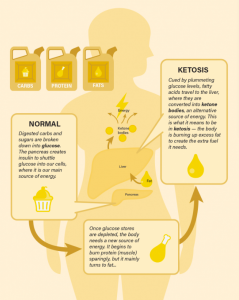
Image: Google Images
Who hasn’t looked at their clock early in the morning and wished for an extra hour in bed? Well, as of last week, daylight saving time has finally come to an end, which means an extra hour of sweet sleep. Many clocks around the world have officially been pushed back an hour, and some researchers want to keep it that way permanently.
Daylight saving time was first introduced during World War I to save energy, and since then it has been continued to be practised in many countries. Yet, the health effects linked with daylight saving have been unclear, until now. Recently, Beth Marlow and her team have reported that daylight saving may be doing us more harm than simply making us lose an hour of sleep.
The team analyzed multiple studies that looked at brain activity and the effects of daylight saving. They concluded that a person’s circadian rhythms are thrown off by the simple time change. The circadian rhythms are responsible for behavioural, physical, and mental changes in a person, which can be affected by both light and darkness. The disruption to the circadian rhythms can cause serious and deadly health effects. For instance, Marlow found that there was an increased number of strokes and heart attacks reported during the start of daylight saving time. In addition, the lack of sleep caused by daylight saving time has led to increase in fatal car crashes.
So, why do many nations still practise daylight saving time? Well, as mentioned before, daylight saving does save energy. As the US Department of Energy found, the energy saved is equivalent to more than 100,000 households energy use in a year. Therefore, the economics behind daylight saving is a major factor for keeping it.

Image: Google Images
As Marlow and her team have reported, daylight saving time has major impacts on the health of many individuals, and like many other researchers, they advocate the end of daylight saving time altogether. However, the energy saved during this time has outweighed decisions of ending it.
-Anum Khan








